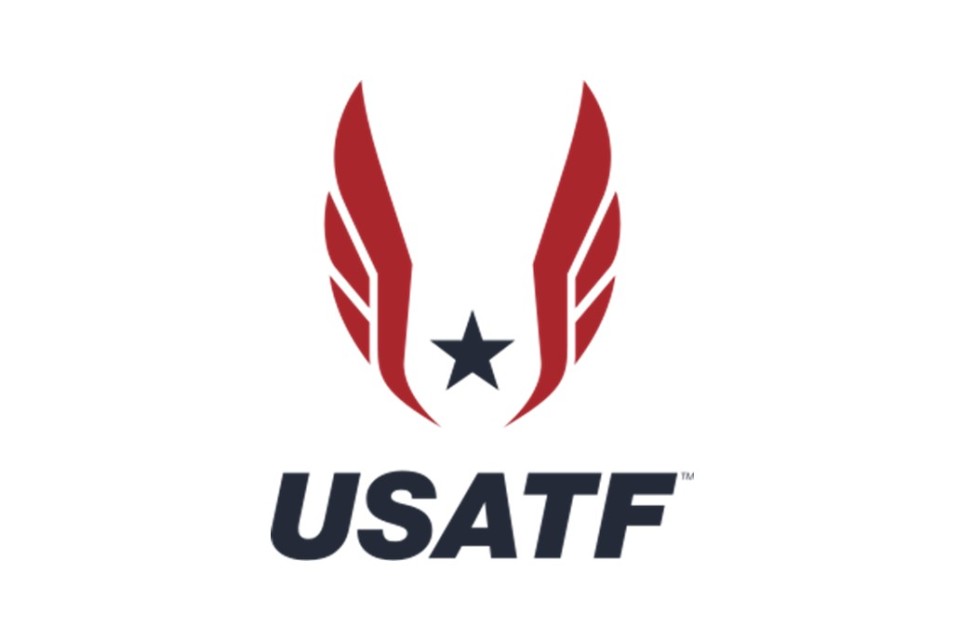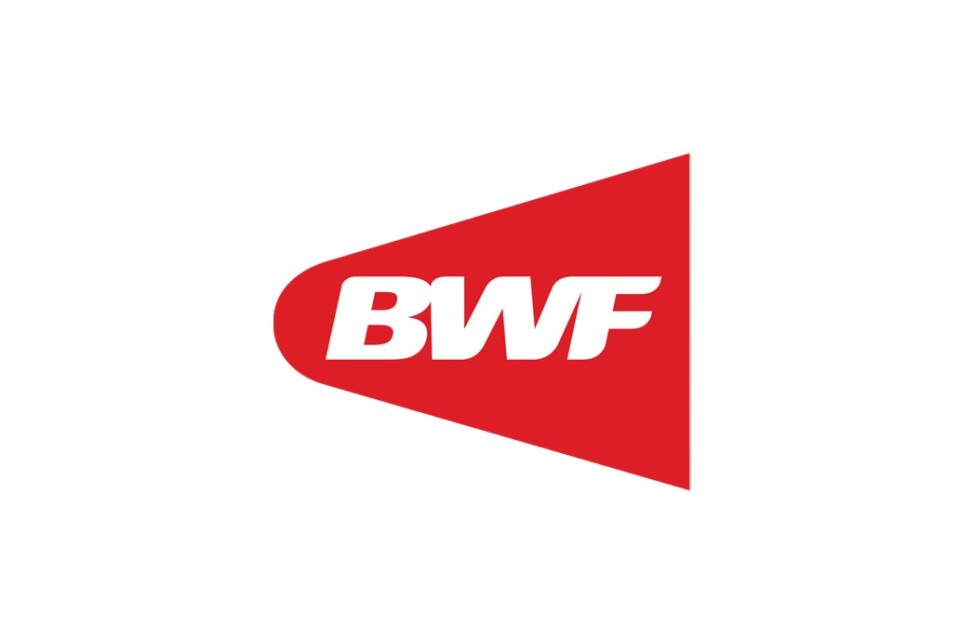Fri, November 21, 2025
Enhanced Games lawsuit against World Aquatics, WADA and USA Swimming dismissed

The $800m antitrust lawsuit filed by the Enhanced Games against World Aquatics, the World Anti-Doping Agency (WADA) and USA Swimming after it alleged that the organisations were preventing athletes from joining the Enhanced Games has been dismissed by the federal judge in New York.
The controversial privately funded 2026 Enhanced Games is set to take place in Las Vegas in May and allows athletes to use performance enhancing substances without being subject to drug tests in the same way they are in traditional sport.
The President of the Enhanced Games, Aron D’Souza, advocates “superhumanity” and has successfully enticed athletes such as British 2024 Olympic silver medallist swimmer Ben Proud and Australian three-time Olympic medallist swimmer James Magnussen with prize money of up to $500,000 per event, including $1 million bonuses for breaking world records in the 100m sprint or 50m freestyle. The first woman to join is American four-time world champion swimmer Megan Romano. American Olympic Sprinter Fred Kerley will also feature in the Enhanced Games.
Back in August of this year, Enhanced – as named in the lawsuit – filed a lawsuit against the organisations, accusing them of preventing athletes from participating. D’Souza stated: “Until this issue is resolved, it’s causing irreparable harm to our ability to sign athletes…
Athletes who are both ‘natural’ and ‘enhanced’ can compete at the games. That’s part of the narrative that makes this interesting. Can a ‘natural’ athlete beat an ‘enhanced’ athlete?”
He also referred to global anti-doping regulations as outdated and hypocritical.
In June, World Aquatics announced that it will expel athletes, coaches and officials from elite competition if they choose to involve themselves in the Enhanced Games because the governing body does not wish to align itself with the promotion of banned performance enhancing drugs in any way.
World Aquatics banned Brett Hawke from participating in any official capacity at World Aquatics-sanctioned events because he accepted a coaching position with the Enhanced Games, for example.
In terms of WADA, the agency previously voiced: “As we have seen through history, performance-enhancing drugs have taken a terrible physical and mental toll on many athletes. Some have died. Clearly this event would jeopardize [athletes’ health and well-being] by promoting the abuse of powerful substances and methods that should only be prescribed, if at all, for specific therapeutic needs.”
USA Swimming stated the following: “Even if you are not personally engaged in doping, affiliation with the Enhanced Games could significantly affect your ability to participate in future competitions due to U.S. Anti-Doping Agency (“USADA”) and World Anti-Doping Agency (“WADA”) rules and regulations. Therefore, we feel it is important to remind you of the relevant rules and risks surrounding doping activities within the Olympic Movement.”
However, in a most recent update, the lawsuit has been dismissed. Specifically, Enhanced claimed that World Aquatics’ By-Law 10, which makes individuals ineligible for its competitions and roles if they support, endorse, or participate in sporting events that use prohibited substances or methods, was anticompetitive.
However, judge, Jesse Furman, ruled: “Enhanced fails to allege that By-Law 10, contrary to its plain language, automatically applies to every elite, international swimming competition…
Instead, the only events By-Law 10 conditions access to are those elite, international swimming competitions hosted by World Aquatics, which Enhanced itself concedes do not constitute the entirety of the market.”
The decision also stated: “And in any event, they provide no evidence of an agreement to boycott Enhanced given that By-Law 10, even if “binding,” explicitly grants to USA Swimming the choice of whether to apply a similar policy to events and competitions in its own jurisdiction…
In sum, Enhanced asks the Court to accept its allegation that USA Swimming is automatically bound by By-Law 10 despite the plain text of the By-Law stating precisely the opposite and Enhanced’s own acknowledgment that USA Swimming has not adopted such a policy. But the Court cannot make that inference when Enhanced has not pleaded any factual basis to make that claim facially plausible…
Accordingly, the Court concludes that Enhanced fails to plead the prerequisite existence of a “conspiracy or agreement” between World Aquatics and USA Swimming for a Section One Sherman Act claim. Counts One and Two therefore must be and are dismissed against all parties for failure to state a claim.”
Regarding WADA, Furman stated: “The public calls by WADA to other organizations to “come together” to condemn Enhanced are far more plausibly explained by WADA’s relative powerlessness and inability to take concrete action against athletes than evidence of its entry into a conspiracy with either or both of World Aquatics and USA Swimming. Thus, Count One against WADA must be and is dismissed for failure to state a claim.”
In response, WADA Voiced: “WADA welcomes the decision by a federal court in the United States to dismiss an antitrust claim against the Agency, World Aquatics and USA Swimming brought by the organizers of the Enhanced Games. WADA is pleased that common sense has prevailed and remains focused on its core mission of protecting clean sport for the good of athletes around the world.”
Furman’s decision concluded with: “Enhanced shall file any amended complaint within thirty days of the date of this Opinion and Order.”
Furman’s full decision can be found here.



